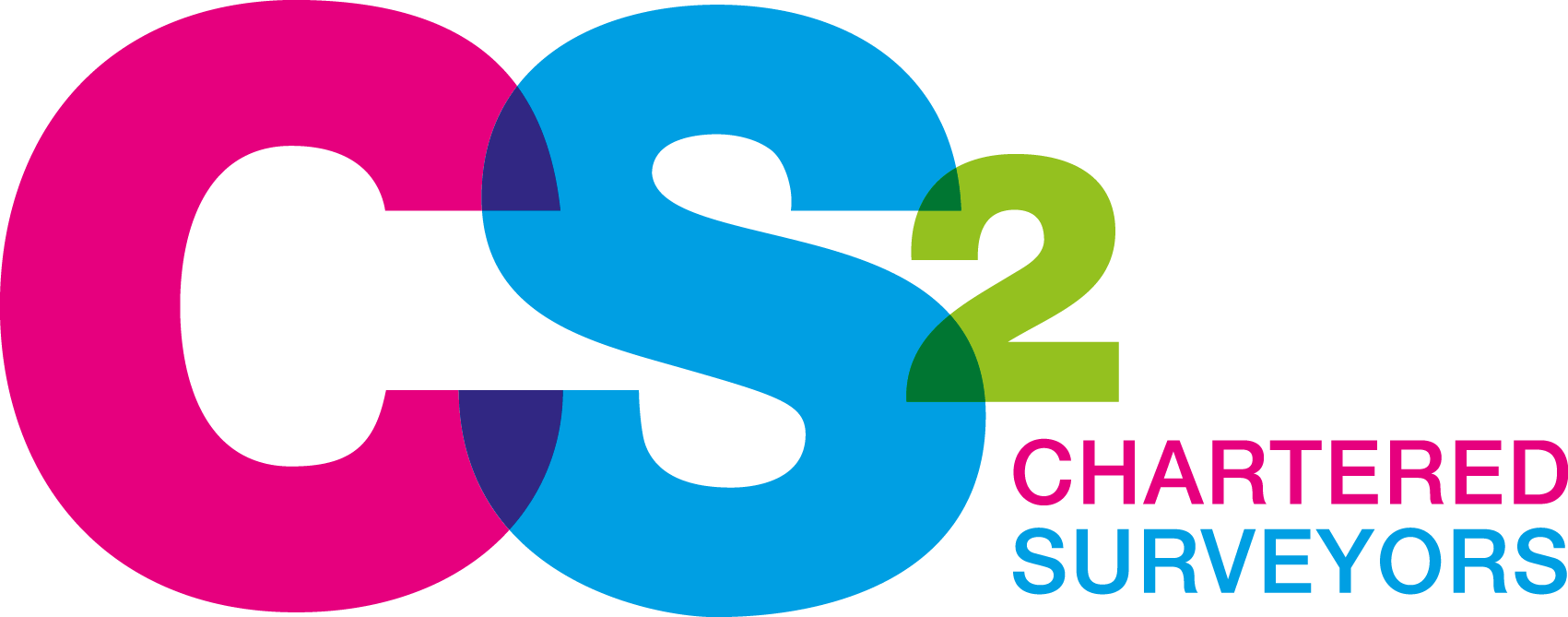Everything you need to know about the government’s new SECR Framework…
- May 16, 2019
- 2,120 views

You may have already heard about the new Streamlined Energy & Carbon Reporting Government Framework, but what do you and 11,900 UK businesses need to know about the policy?
On April 1st, 2019, the UK government implemented the Streamlined Energy and Carbon Reporting (SECR) policy. Moving forward, all 11,900 UK businesses in scope will be required to disclose their energy and carbon emissions and comply with certain regulations in accordance with SECR.
SECR expands on existing requirements that companies currently face, including the Energy Saving Opportunity Scheme (ESOS), mandatory greenhouse gas (GHG) reporting for quoted companies, Climate Change Agreements (CCA) Scheme, and the EU Emissions Trading Scheme (ETS). SECR extends the reporting requirements for quoted companies and mandates new annual disclosures for large unquoted and limited liability partnerships (LLPs).
Why do we need SECR?
SECR intends to introduce more businesses to the benefits of carbon and energy reporting. The reporting framework advocates the implementation of energy efficiency measures, aiding companies in reducing costs and improving productivity, all whilst lowering carbon emissions.
Requiring companies to make disclosures on energy and carbon also advises the G20 Financial Stability Board’s Taskforce on Climate-related Financial Disclosures, by offering information for investors and financial actors to assist them in the transition to a sustainable, low carbon economy.
Will my organisation be affected by the SECR framework?
There are three groups of businesses which will be affected by SECR. Companies falling within any of the following must comply, unless they meet certain exemption criteria:
- Companies of any size that are currently obliged to report under mandatory greenhouse gas reporting regulations.
- Companies incorporated in the UK that are classified as ‘large’ under the Companies Act 2006. This applies to registered and unregistered companies.
- ‘Large’ Limited Liability Partnerships (LLPs) will be required to prepare and file a ‘Energy and Carbon Report’.
Unquoted companies or LLPs are defined as ‘large’ if they meet at least two of the following three criteria in a reporting year:
- a turnover of £36million or more;
- a balance sheet of £18million or more; or
- 250 employees or more.
Although public bodies do not fall under the new regulations, charities, not-for-profit companies or those undertaking public activities will need to check whether they meet the above qualifying criteria. Private sector organisations which fall outside of the scope of the new regulations are encouraged to voluntarily report in a similar manner.
Is my organisation exempt from reporting?
An exemption exists for quoted or large unquoted companies and LLPs that can confirm their energy use is low – 40MWh or less over the reporting period. These companies will still need to include a statement in their report confirming that they are a low energy user. If preparing a group report, the low energy user threshold applies to the energy consumption of the parent group and its subsidiaries.
What will I need to report?
The reporting requirements differ for quoted companies, large unquoted companies and LLPs.
- Quoted companies must continue to report their global scope 1 and 2 GHG emissions in tonnes of carbon dioxide equivalent, and a chosen emissions intensity ratio in their Directors reports for the current and previous reporting periods. In addition, they will be required to report their underlying global energy use for the current reporting year. Furthermore, the split between UK and offshore energy use in other countries is required, and after the first SECR reporting year, a comparison with the previous year.
- Unquoted large companies and large LLPs will need to report, as a minimum, UK energy use from electricity, gas and transport fuel including at least one intensity metric. Transport energy should include business usage where the company is supplied with the transport fuel, but not journeys where the fuel is paid for indirectly. For example, fuel consumed for business use in company cars, fleet and private/hire cars and on-site vehicles are included. But this does not include fuel associated with air, rail or taxi journeys that the company does not operate.
- Quoted and unquoted companies and LLPs all need to report energy use, GHG emissions and at least one emissions intensity metric for the current and previous financial years. The report must include a description of measures taken to improve the businesses’ energy efficiency in that year. Where possible, resulting energy saving from the actions reported should also be stated. If no measures have been taken this should also be included in the report. Disclosures should cover the same annual period as the financial year, or an explanation should be provided as to why this is not the case.
CS2 have an in-house team of Energy and Sustainability experts who offer advice on a range of services. If you are concerned about how SERC may affect your organisation, please contact CS2’s Energy and Sustainability Consultant, James Cutter on jcutter@cs2.co.uk or 0121 236 2222.




0 Comments